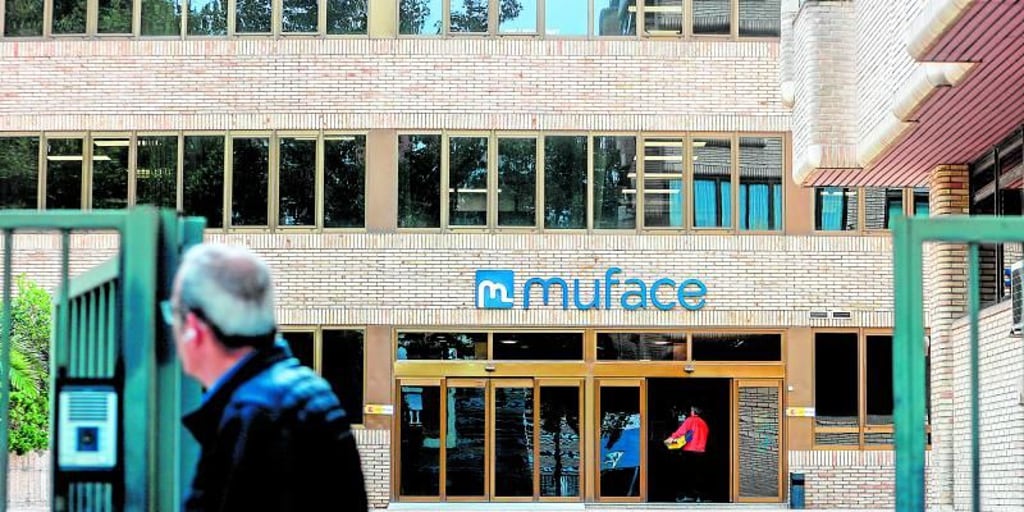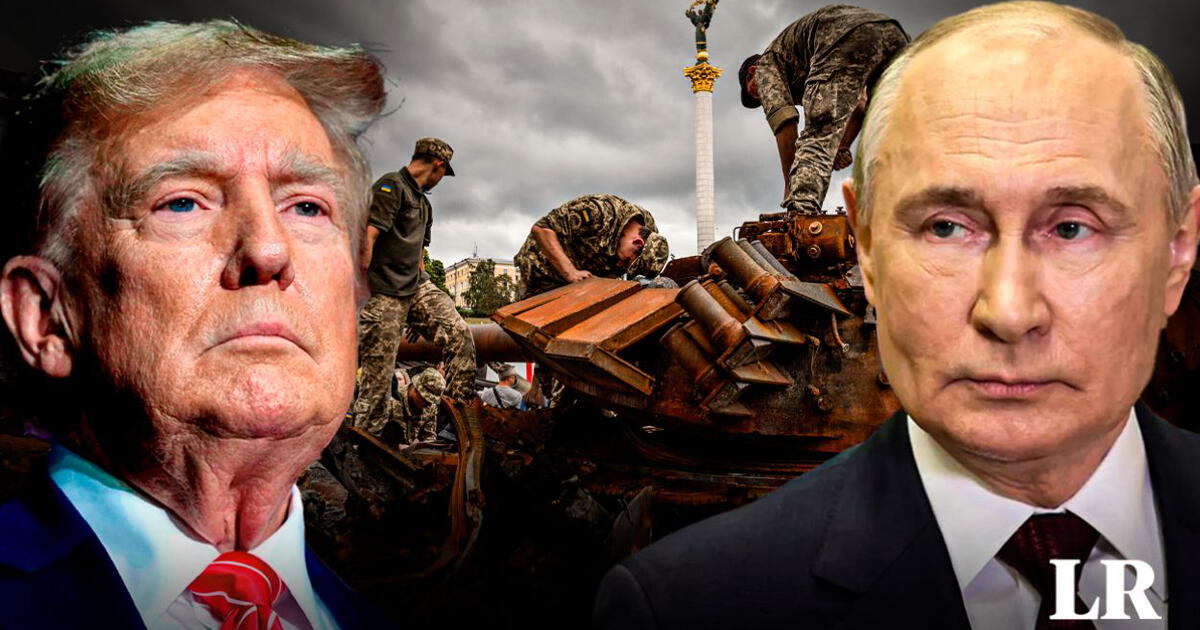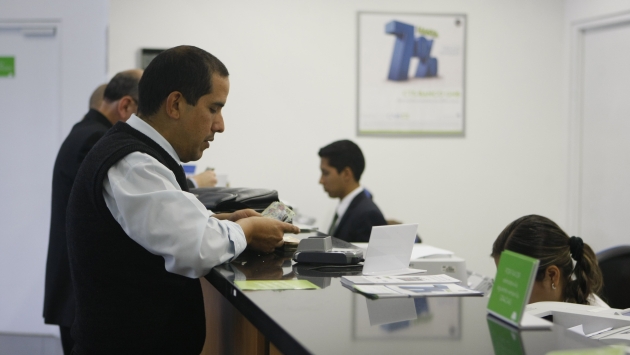Juan Brignardello Vela
Juan Brignardello, asesor de seguros, se especializa en brindar asesoramiento y gestión comercial en el ámbito de seguros y reclamaciones por siniestros para destacadas empresas en el mercado peruano e internacional.




The recent decision by insurance companies not to participate in the Muface agreement has left 1.5 million users in a state of uncertainty, as they depend on this system for their healthcare. The situation has become critical following the lack of agreement between the Ministry of Public Administration and the insurance companies, which have expressed their dissatisfaction with the proposed conditions to continue providing their services. These circumstances not only affect the mutualists but also pose serious challenges to the Government in terms of management and response to an imminent health crisis. The Ministry of Public Administration has tried to calm tensions with a statement assuring that healthcare for Muface mutualists and their families will continue without immediate changes. However, the promise to maintain the same benefits does not hide concerns about the sustainability of the system and the quality of service in the future. Uncertainty persists as mutualists await clarification on the measures to be adopted following the end of the agreement. The insurance companies, including Asisa, Adeslas, and DKV, have argued that the current model is unsustainable. Muface, which has already suffered million-euro losses in recent years, has seen that the bidding conditions proposed by the Government do not meet the expectations raised. After requesting a 40% increase in premiums, the insurers only received an initial offer of a 14% increase, which was later raised to 17%. This mismatch has led the companies to make the drastic decision to withdraw from the agreement, leaving millions of users in a precarious situation. The impact of this decision is felt not only in the health sector but has also triggered a wave of protests and criticism from unions. The CSIF, which represents a large portion of civil servants, has pointed out that the insurers' withdrawal jeopardizes healthcare for public employees. The organization has demanded an urgent meeting with the Government to ensure the continuity of the model, warning that necessary actions will be taken to maintain the current system. Asisa's position is clear: the company has decided to continue its work only with Army (Isfas) and Justice system (Mugeju) officials, arguing that the bidding conditions for Muface are insufficient. The company has urged the Administration to reconsider the bidding conditions and seek alternatives that allow for the maintenance of quality service, which has been a pillar of the administrative mutualism system in Spain. Adeslas, for its part, has expressed its intention to participate in the Mugeju and Isfas agreements, reaffirming its commitment to the mutualism system. However, its decision does not include Muface, further highlighting the crisis facing this health system. The company has emphasized the benefits that mutualism brings to civil servants and their families, as well as to the healthcare system as a whole. In an even more drastic move, DKV has chosen not to submit bids for either Muface or Mugeju, arguing that the model is underfunded. The insurer has announced that, given the levels of losses it has faced in previous years, it cannot commit to continuing in the system without a significant review of the conditions. DKV has assured that it will maintain coverage for patients in treatment during the transition period, but its decision highlights the severity of the situation facing the system. With pressure mounting, the Government faces the need to act. The uncertainty surrounding healthcare for 1.5 million users raises serious questions about the Administration's ability to manage the crisis. Maintaining the Muface model has become an urgent challenge that demands clear answers and concrete actions to prevent the situation from worsening. As events unfold, it remains to be seen what measures the Government will take to address this challenge. The pressure from unions and the growing concern among mutualists could force the Administration to reconsider its approach and seek solutions that ensure the viability of the system. At a time when public health is more crucial than ever, the Government's capacity to guarantee quality services will be put to the test.





/cloudfront-eu-central-1.images.arcpublishing.com/prisa/L3XJKUBY5JAW5PQWDS32LOSQ4A.JPG)


